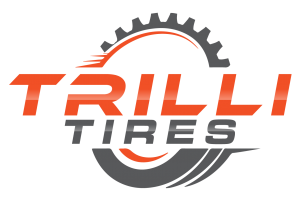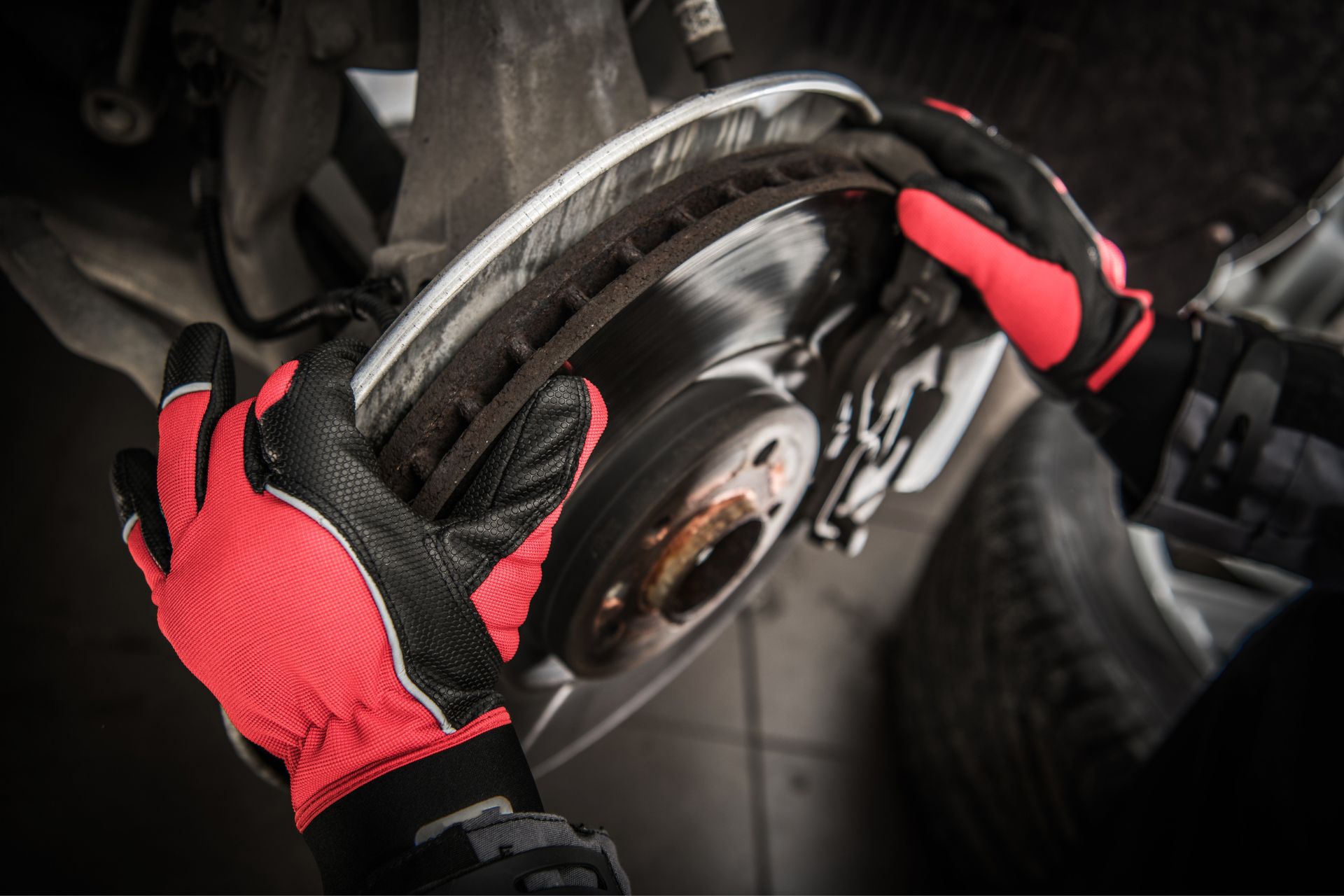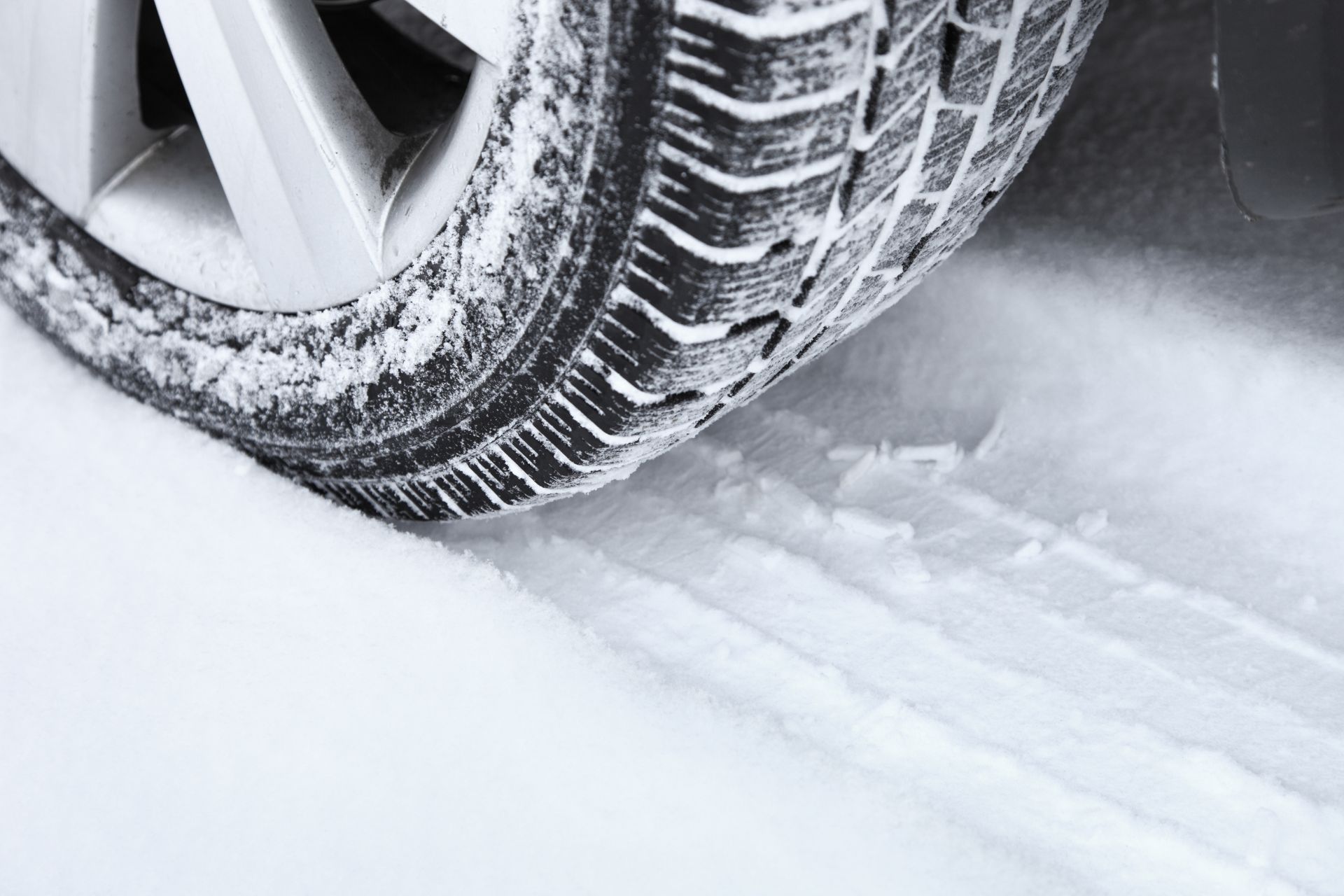When it comes to vehicle maintenance, few components are as critical as your brakes. They play a pivotal role in ensuring your safety on the road. However, many drivers tend to overlook brake maintenance until they experience issues, which can be dangerous and costly. In this article, we will explore five compelling reasons why your brakes may need replacement. By understanding these signs, you can take proactive measures to keep your vehicle’s braking system in top-notch condition.
1. Squeaking or Screeching Noises
One of the most common signs that your brakes need replacement is a high-pitched squeaking or screeching noise when you apply the brakes. This noise is typically caused by a metal wear indicator built into the brake pads. When the brake pads wear down to a certain point, this indicator contacts the rotor, producing the noise as a warning signal.
If you hear this noise, it’s crucial to address it promptly. Ignoring it can lead to more extensive damage, increased repair costs, and compromised safety. Replace your brake pads as soon as possible to restore smooth and quiet braking.
2. Reduced Brake Performance
As your brake pads wear down, you may notice a significant decrease in braking performance. Your vehicle might take longer to come to a complete stop, or you may have to apply more pressure to the brake pedal to achieve the same level of braking power. Reduced brake performance can be particularly dangerous in emergency situations.
To maintain optimal stopping power, have your brakes inspected regularly. If you notice a decline in performance, it’s a clear indication that your brake pads or other brake components need replacement. Timely action can prevent accidents and save lives.
3. Vibrations or Pulsations
If you experience vibrations or pulsations in the brake pedal or steering wheel when you apply the brakes, it could be a sign of warped brake rotors. Warped rotors can occur due to excessive heat buildup during braking, which causes the metal to distort and lose its smooth surface.
Driving with warped rotors not only compromises your vehicle’s braking efficiency but can also lead to uneven tire wear and other suspension issues. To resolve this problem, you may need to replace both the brake rotors and brake pads. Proper maintenance will ensure a smoother and safer ride.
4. Warning Lights on the Dashboard
Modern vehicles come equipped with advanced diagnostic systems that monitor various components, including the braking system. When your vehicle’s onboard computer detects a problem with the brakes, it will illuminate the brake warning light on the dashboard.
Ignoring this warning light is not advisable, as it can indicate a range of issues, from low brake fluid to brake pad wear or more complex problems. Visiting a qualified mechanic to diagnose and address the issue is crucial to maintaining the safety and functionality of your brakes.
5. Uneven Brake Pad Wear
Inspecting your brake pads can provide valuable insights into the health of your braking system. If you notice uneven wear on your brake pads, it’s a sign that your brakes may need replacement. Uneven wear can occur due to various factors, including misalignment of the brake callipers or worn-out hardware.
Addressing uneven brake pad wear promptly can extend the life of your braking system and prevent further damage. A mechanic can assess the situation and recommend the necessary repairs, which may include replacing the brake pads, calipers, or hardware.
Final Words
Maintaining a well-functioning brake system is crucial for your safety on the road. Being aware of these five signs that your brakes may need replacement can help you avoid potential accidents, reduce repair costs, and ensure a smooth driving experience.
At TrilliTires in Richmond Hill, we understand the importance of a well-maintained vehicle. Our experienced technicians are here to provide expert brake inspection and replacement services to keep your brakes in top shape. Don’t wait until your brakes fail; contact us today to schedule an appointment and enjoy worry-free driving.


